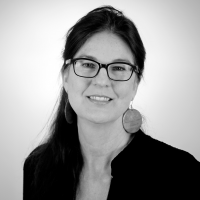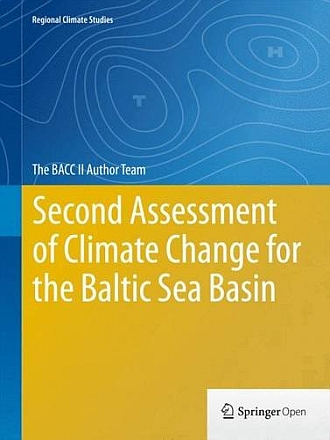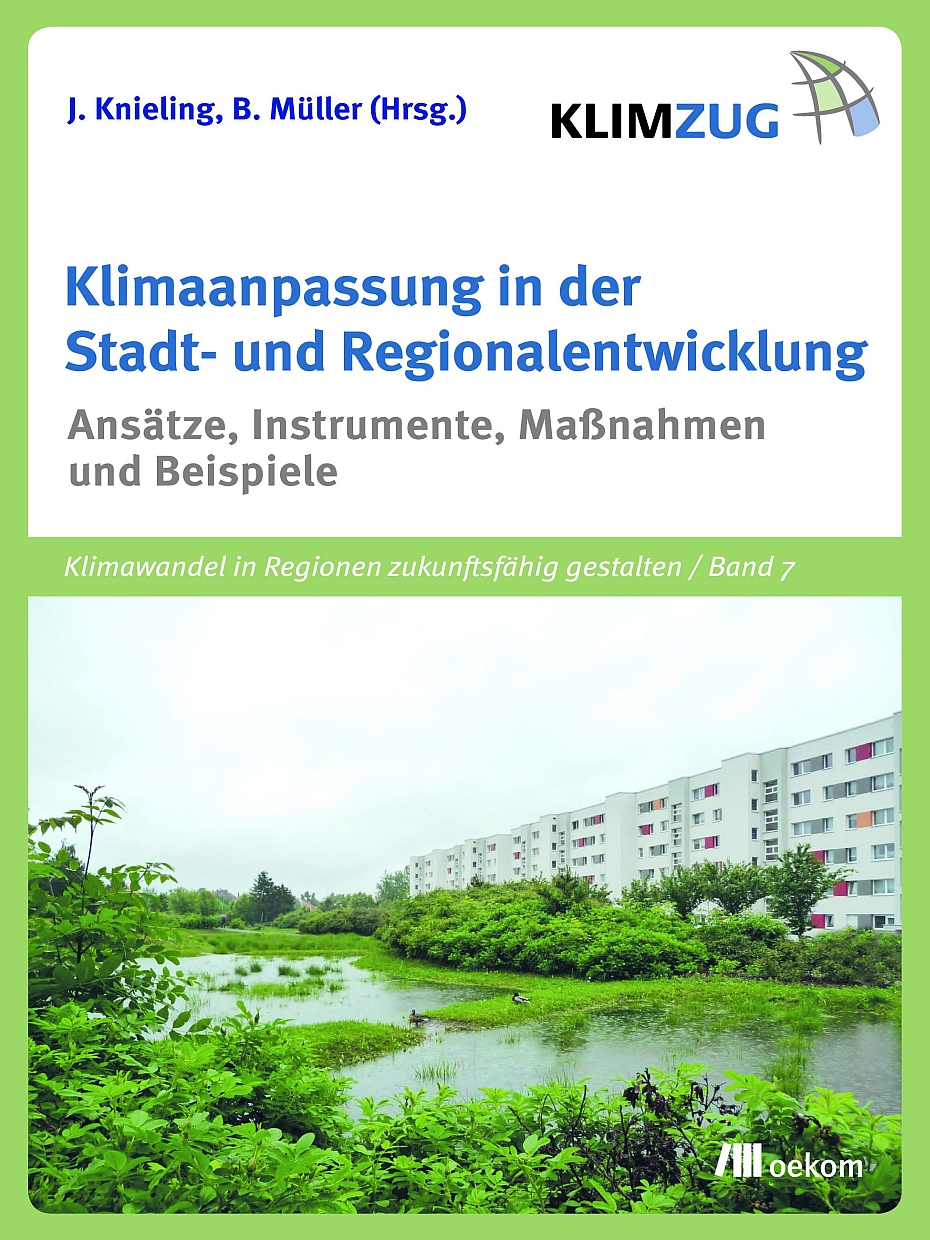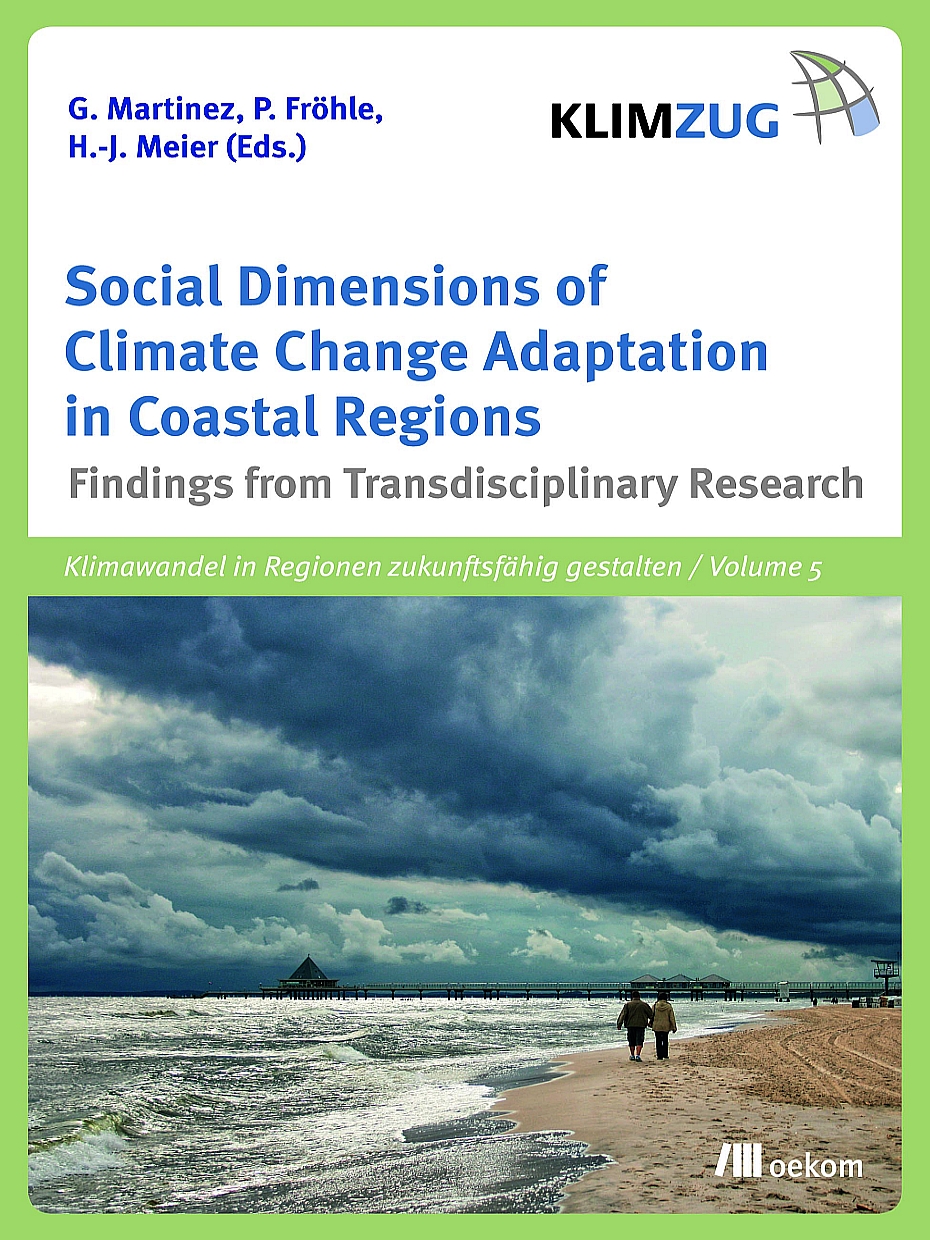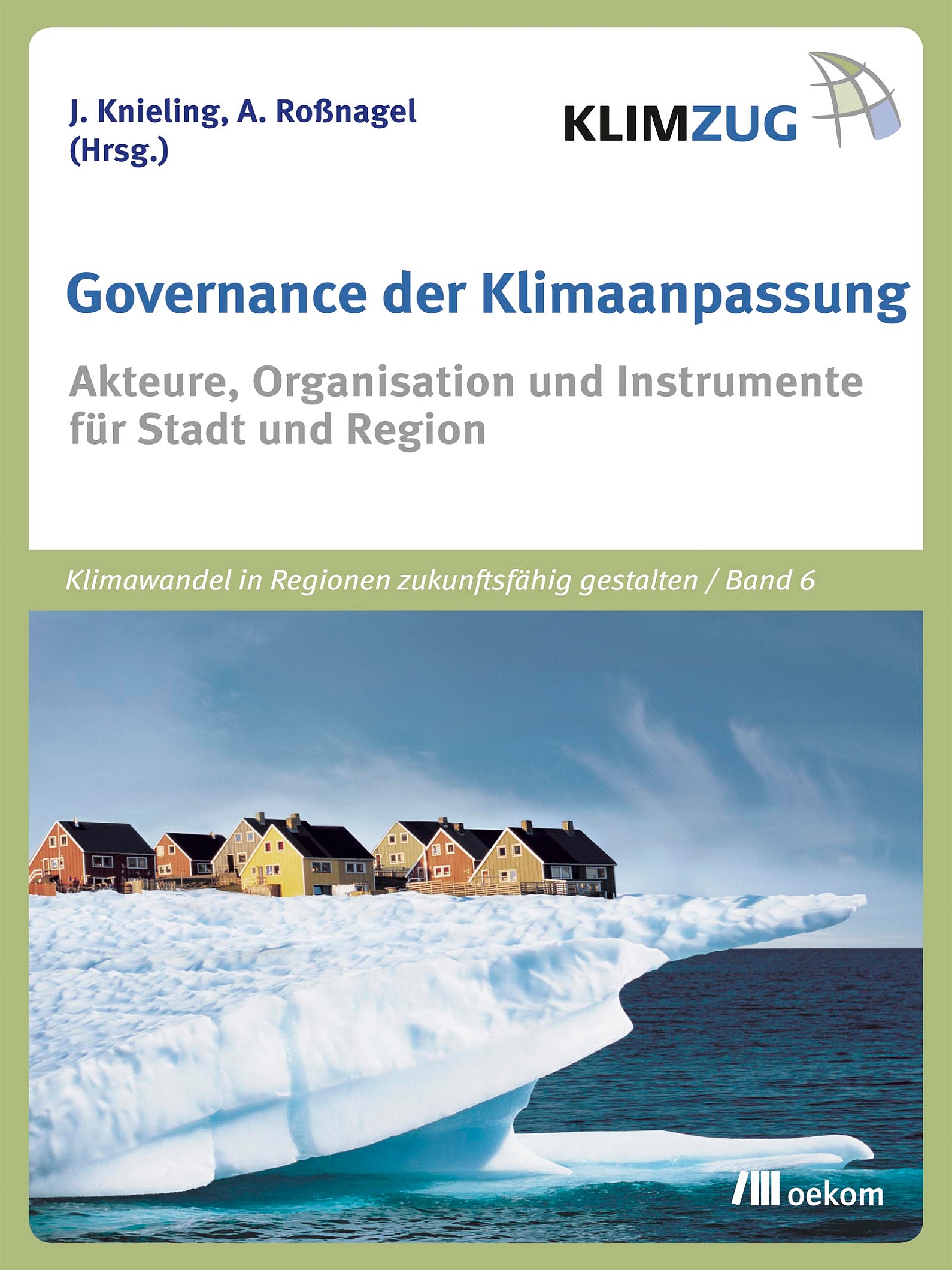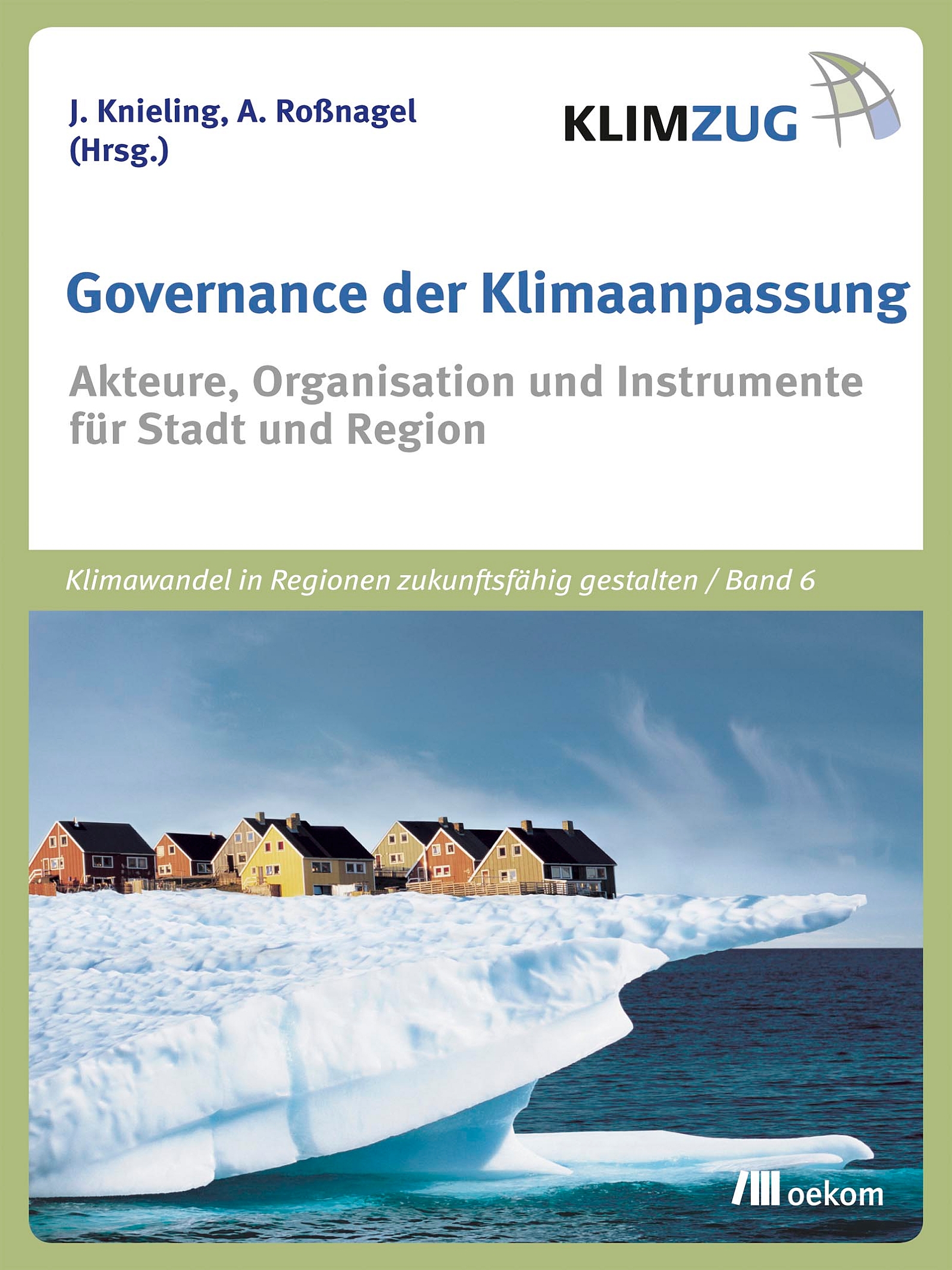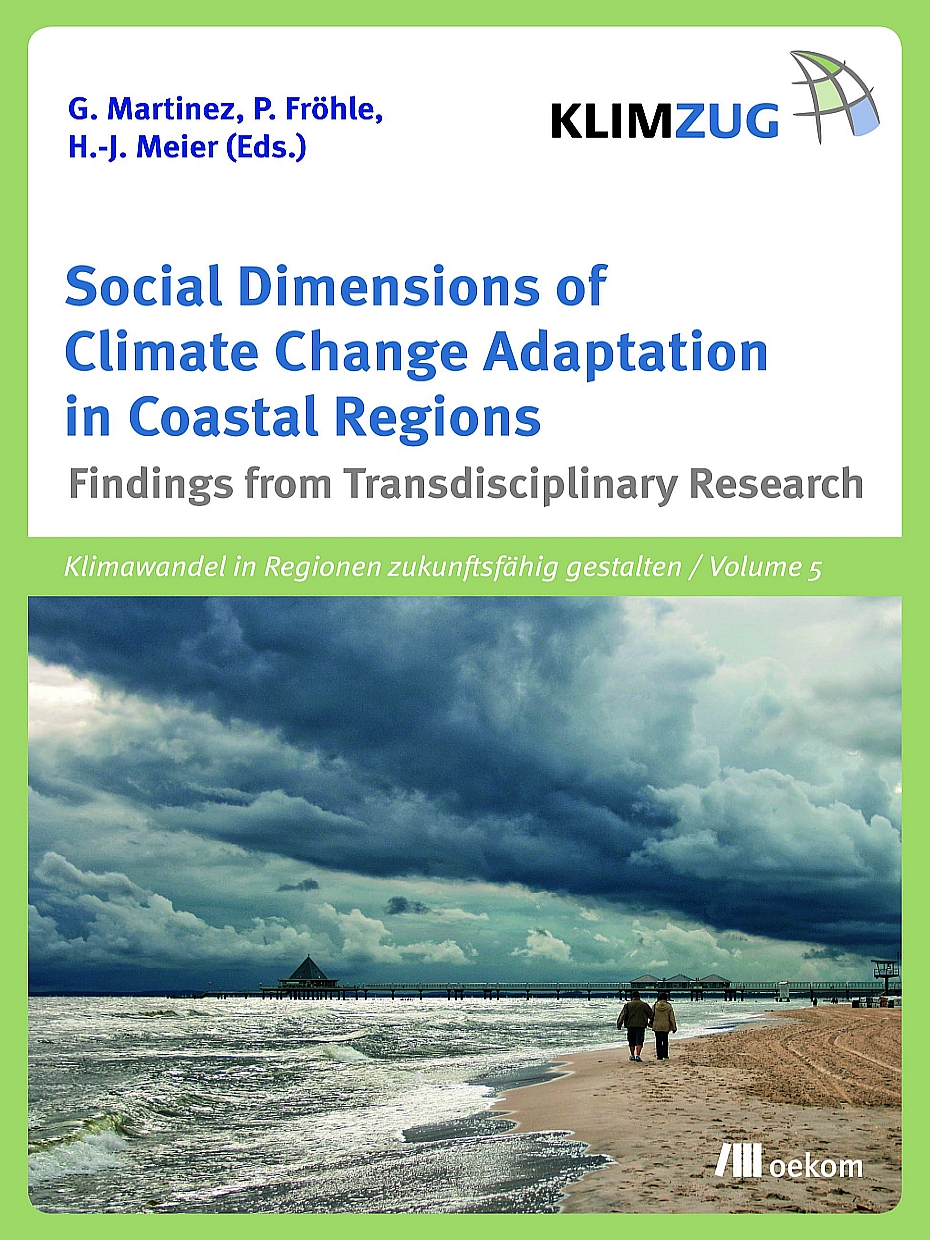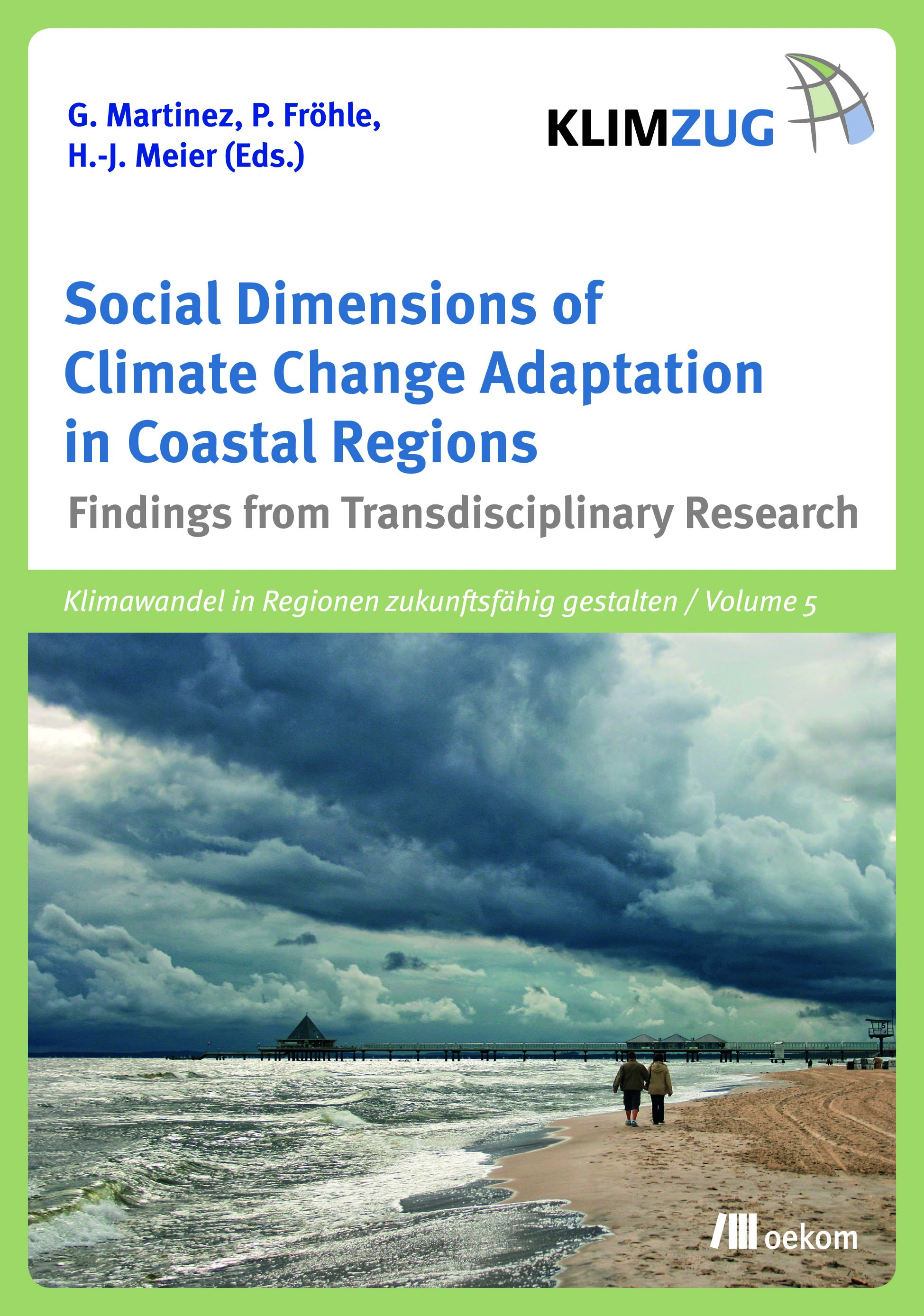Science on Tour along the Baltic Sea Coast
- Event
- Date
-
-
- Location
- Flintbek, Timmendorfer Strand, Hamburg, Lübeck, Schwerin, Güstrow, Husum, Kühlungsborn, Rostock, Stralsund, Kiel, Zingst, Greifswald, Germany
From 10 to 20 September 2012, the previous results of the RADOST project ("Regional Adaptation Strategies for the German Baltic Sea Coast") were discussed with ten expert panels and at six public evening events as part of the RADOST Tour "Baltic Sea Coast 2100 – On the Way to Regional Climate Adaptation." Between 15 and 80 participants were at each event. The Tour was covered by over 110 articles in print and online media.
Future sea-level rise continues to present a huge point of uncertainty. RADOST is tackling this problem by presenting adaptation options for coastal management that fit scenarios of sea-level rise ranging from 30 to 90 centimeters by the year 2100. The measures should be both environmentally friendly and supportive of tourism, including the use of glass retaining walls in coastal defenses, which can be positively integrated into the city’s image.
As far as water quality in the Baltic Sea is concerned, it has been repeatedly noted that this is extremely dependent on agricultural runoff, which actually places an even more important role than climate change. If the goals of the Baltic Sea Action Plan to reduce this source of pollution were achieved in all the Baltic Sea riparian states, the water quality in the sea could be significantly improved. However, this would require extremely ambitious measures, especially difficult at a time when the agricultural sector already finds itself dealing with increasing prices amid the expansion of bioenergy crop production.
Additional topics included the impacts of climate change on tourism, renewable energy, and the German ports in the Baltic Sea. In Lübeck, adaptation needs and capacities for German Baltic Sea ports were intensively discussed with representatives of port authorities. The general opinion seemed to be that climate change impacts are less important here than other factors, such as climate protection, other environmental regulations, and general economic development. Nonetheless, adaptation measures that can easily and sensibly be integrated into urban planning have to be tested and demonstrated.
Opportunities arising from climate change were a hot topic at the evening event in Kiel. Practical adaptation measures developed as part of the RADOST project were discussed here, including the construction of artificial reefs and the cultivation of mussels in the Bay of Kiel. In the beginning, the participants were asked about their perception of climate change: over forty percent expect mainly positive effects from climate change in the region around the Bay of Kiel.
Dialogue and communication as well as international exchange were highlighted at the additional tour stations as being critical for effective adaptation. The great resonance and exciting discussions that we experienced on tour validate the RADOST project emphasis on communicating project and research results and provide great momentum for further work.
Further Links:



